A Recognition Wave for Palestine Puts Israel on Edge — and Washington on Its Own
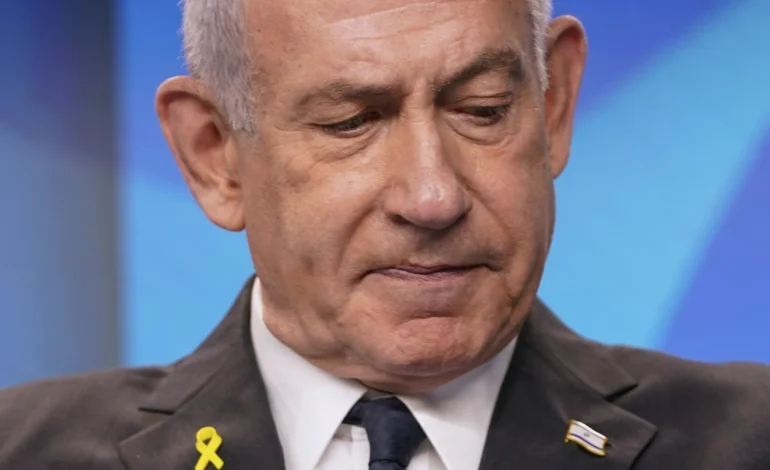
Nearly two years into the Gaza Genocide, a fresh wave of recognitions for a Palestinian state is rolling through Western capitals — and it’s landing right as world leaders descend on New York for the UN General Assembly. Britain, Canada, Australia and Portugal joined the long list of countries that already recognize Palestine, and France made it official from the UN rostrum, pitching the move as a necessary step toward a two-state solution that has never looked further away.
The symbolism is heavy, and for supporters, that’s the point. Paris and Riyadh are trying to channel global outrage over Gaza into a new political track — recognize a Palestinian state first, then build out the hard parts: borders, security, governance, and a plan for the “day after.” Emmanuel Macron cast recognition as a way to salvage the two-state horizon and to isolate Hamas, which he denounced alongside antisemitism and attacks on civilians. In London, Keir Starmer called Hamas a brutal terror group with no role in governing Gaza; in Ottawa, Mark Carney argued recognition empowers those seeking coexistence and “in no way” rewards terrorism.
Israel’s response was immediate and furious. Benjamin Netanyahu labeled the recognitions a “huge reward to terror,” vowed a Palestinian state “will not be established west of the Jordan,” and warned of unilateral Israeli steps after his UN trip and meeting with President Trump. His far-right partners pushed even harder, urging annexation of large chunks of the West Bank and, in some cases, dismantling the Palestinian Authority entirely. Settler leaders talked about new outposts, and a senior minister floated a plan to extend Israeli sovereignty over roughly four-fifths of the territory — without granting full rights to Palestinians living there.
If the recognitions are meant to build momentum, they also underscore a stark diplomatic split. The United States and Israel oppose the push, arguing it emboldens Hamas, complicates hostage talks, and skips the hard bargaining that statehood is supposed to crown, not precede. Washington has used the levers it has, declining visas for Mahmoud Abbas and his delegation and signaling it would veto any bid to upgrade Palestine’s UN status from observer to full member. That isolates the US alongside Israel as many of its closest allies peel off — France, the UK, Canada and Australia among them — and dozens more countries signal they’re ready to follow.
None of this changes the facts on the ground, at least not yet. Recognition doesn’t redraw borders or stop bulldozers. Israeli settlement growth in the West Bank continues apace; Gaza’s humanitarian catastrophe deepens; and the politics on both sides are brutal. In Israel, the coalition’s survival depends on hard-right partners openly hostile to Palestinian sovereignty. In Palestinian politics, the Authority is widely reviled as corrupt and autocratic, and Hamas — though weakened by war — still holds sway in Gaza. The French-Saudi roadmap imagines a demilitarized Palestinian state under a reformed Authority, a UN-backed stabilization force, and regional incentives like Saudi-Israeli normalization. It is ambitious on paper and hedges past the thorniest issues — final borders, refugees, Jerusalem, security arrangements — but it offers a frame many governments can rally around.
At the UN, that coalescing took shape in the “New York Declaration,” a nonbinding text backed by an overwhelming majority of member states. It condemns Hamas’s 2023 attacks and Israel’s strikes on civilians and infrastructure, calls for an immediate end to the war, and sets out time-bound steps toward a two-state outcome. António Guterres put it bluntly: the alternative to two states is a permanent system where one people governs another without equal rights — something major rights groups already describe as apartheid.
Israel contests that premise and insists security must come first. It argues that a Palestinian state now would be a staging ground for another Oct. 7 at a larger scale, and that Hamas’s disarmament and removal are preconditions for any political horizon. The counterargument from Paris, London and Ottawa is that recognition strengthens non-Hamas actors and gives Palestinians a political path that competes with militancy. Whether that logic holds in practice depends on what follows the applause: reforms in Ramallah, credible timelines for elections, and pressure — especially from Washington — on settlement expansion and annexation talk.
There’s also a regional angle Netanyahu can’t ignore. The Abraham Accords, a cornerstone of his legacy, could wobble if annexation moves from rhetoric to reality. The UAE has labeled annexation a red line. Saudi Arabia, now co-sponsoring the UN statehood conference, is tying any normalization to a serious path for Palestinians. If Israel pushes ahead unilaterally, it risks alienating the very partners that have opened doors across the Arab world.
For Palestinians, recognition is validation of a long-held claim to statehood and self-determination. For Israelis, it’s read by many as a dangerous shortcut that rewards violence and bypasses core security concerns. For Washington, it’s an awkward moment: key allies are moving one way while the White House digs in, promising more vetoes and fewer visas. The recognitions won’t end the war or conjure a border, but they change the political weather. They spotlight Israel’s growing isolation, test the resilience of US leadership, and raise the diplomatic cost of open-ended occupation.
The question now is whether this recognition wave becomes a pivot or a photo-op. If France and Saudi Arabia can turn symbolism into a sequenced plan — with money, monitors, and meaningful reform — and if the US is willing to lean into constraints as well as guarantees, the map might begin to shift. If not, the world will leave New York having cheered a state that doesn’t exist, while the conflict grinds on from the Mediterranean to the Jordan and the status quo hardens a little more.
The Washington Post, the New York Times, Al Jazeera, Axios, and AP contributed to this report.
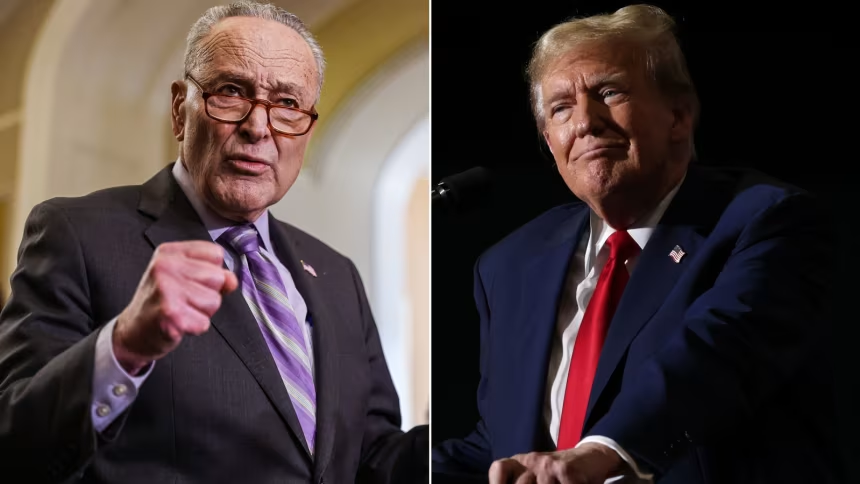

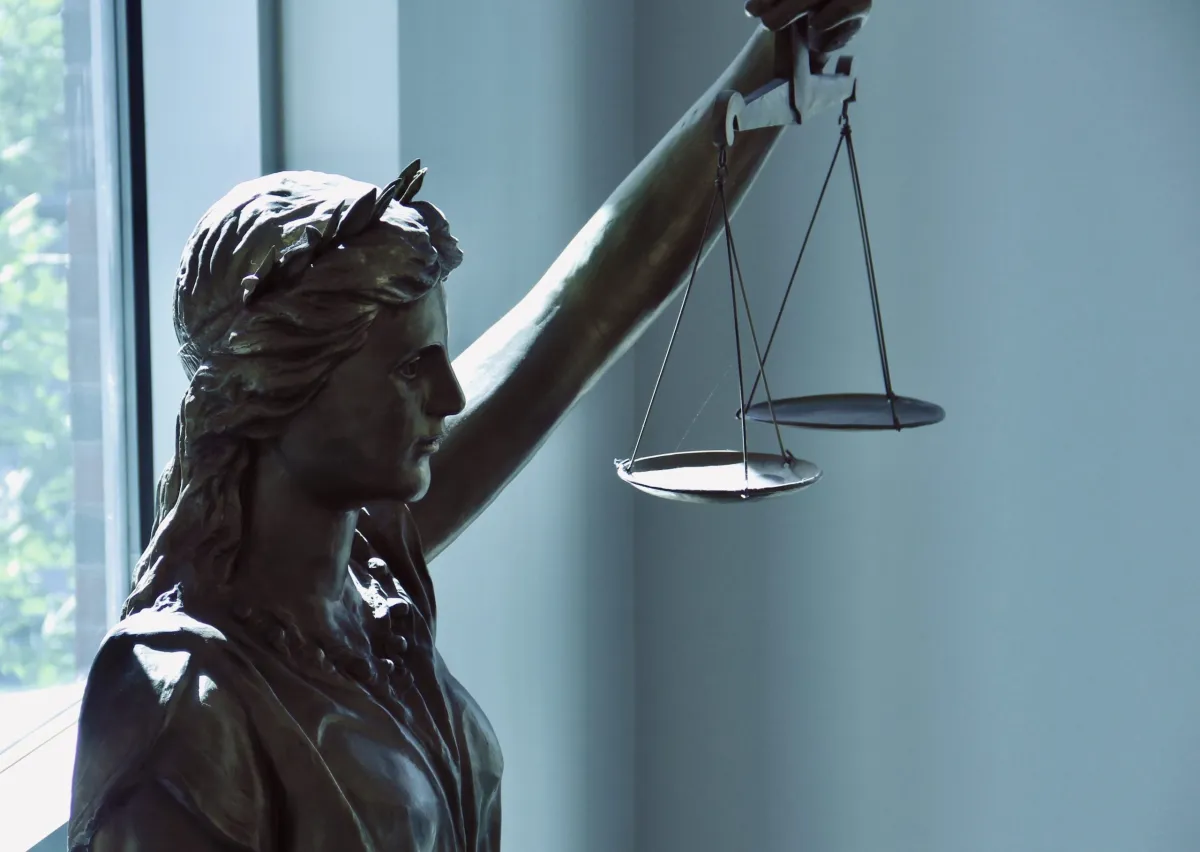
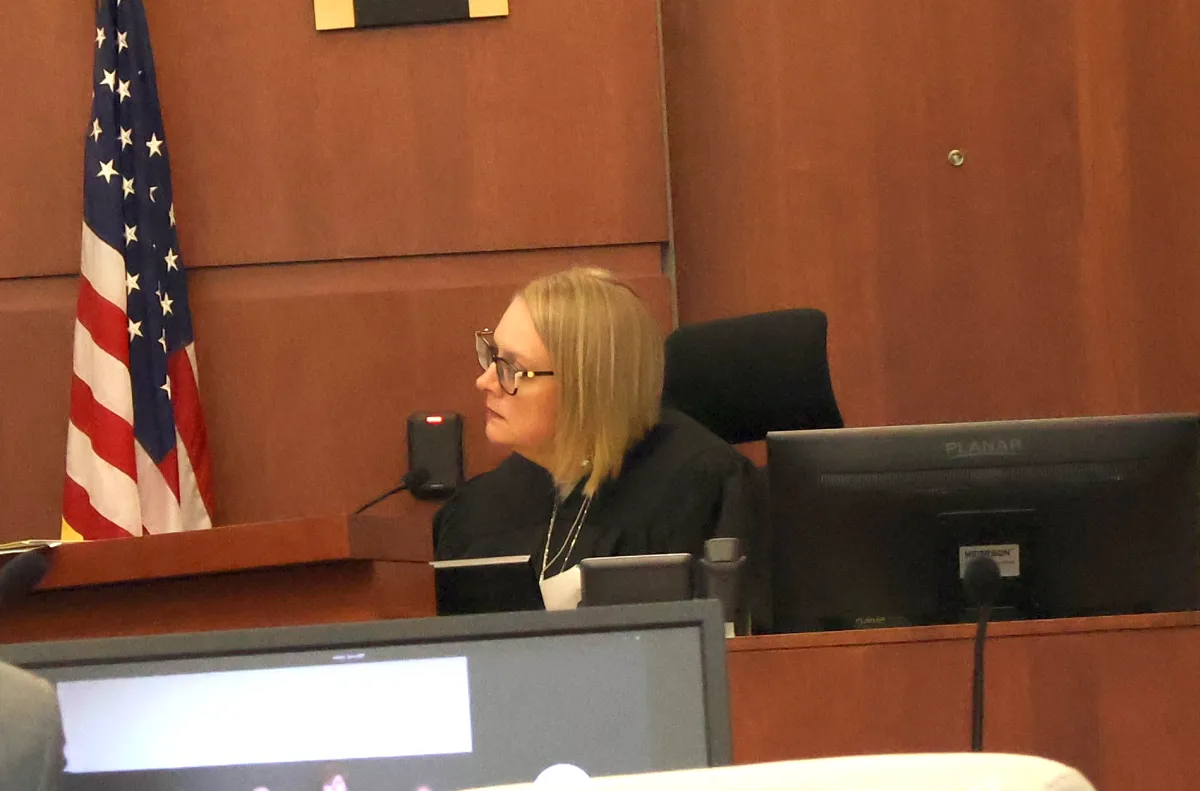
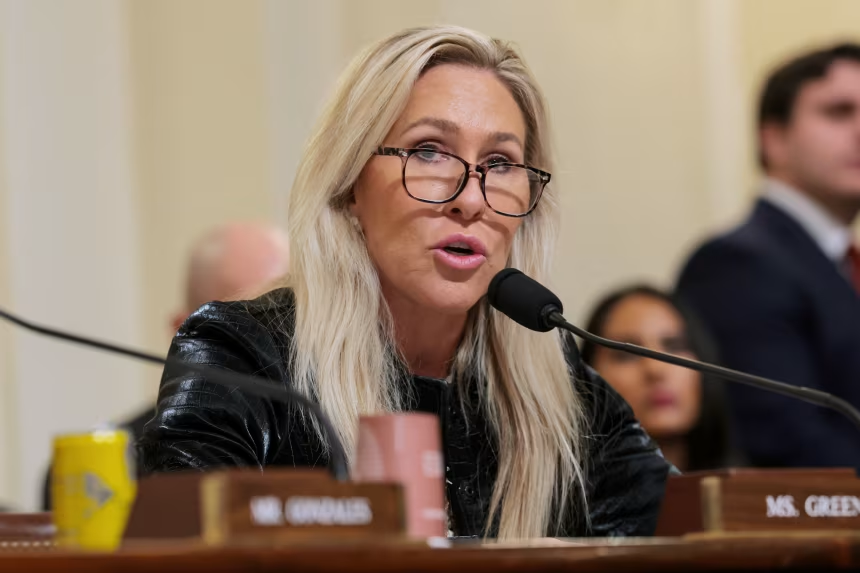




The latest news in your social feeds
Subscribe to our social media platforms to stay tuned